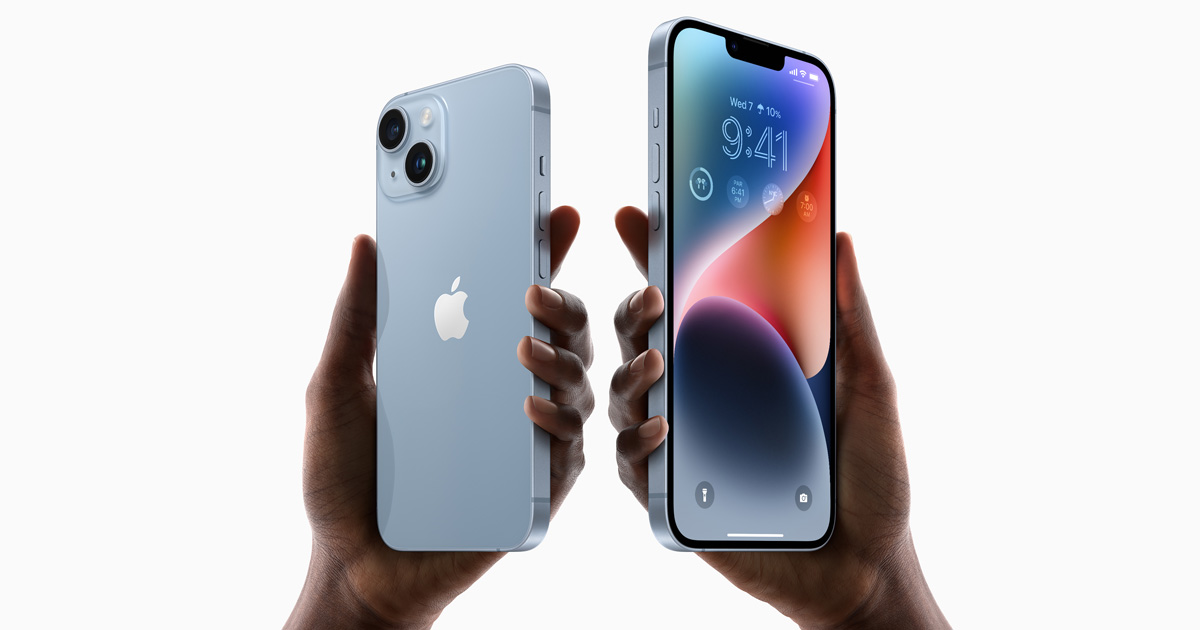
Apple is set to introduce a personal journaling application during its Worldwide Developers Conference in June, as reported by The Wall Street Journal. This forthcoming app is anticipated to come pre-installed on all iPhones running iOS 17, featuring deep integration with location services, contact lists, and various other functionalities on the user’s device.
The insights presented in The Wall Street Journal’s article are based on their analysis of internal Apple documents pertaining to this product. Apple’s intent is to position this application, tentatively codenamed “Jurassic,” as a tool for promoting mental health, citing research that highlights the potential benefits of regular journaling in alleviating depression and anxiety.
Jurassic, which is likely to undergo a name change before its official release, will have the capability to access locally stored data on your phone to ascertain your daily routines, incorporating details from your contacts, location, workout activities, and more. It will offer suggestions to users regarding potential journaling topics, particularly when the app detects deviations from their usual routine. Furthermore, it will feature “All Day People Discovery,” a feature that monitors the user’s proximity to others and distinguishes between work associates and friends.
This level of integration with existing pre-installed apps and user data could position the application as a formidable competitor in the realm of iPhone journaling, potentially challenging existing alternatives. The article in The Wall Street Journal includes quotes from Paul Mayne, the founder of the popular third-party iPhone journaling app, Day One, which was acquired by Auttomatic in 2021. Mayne echoes the sentiments of various app developers who have expressed frustration when Apple launches in-house alternatives that often replicate features introduced by third-party apps and add functionality unique to Apple, supported by iPhone’s privacy and security policies and APIs.
Apple’s documentation for Jurassic emphasizes a commitment to user privacy and security as a central design principle. Most, if not all, of the user-tracking data utilized by the app will remain stored locally on each user’s iPhone and, in some instances, may not be retained for more than a few weeks.
Apple’s staunch commitment to privacy has strategic advantages, aside from fostering customer satisfaction. It helps distinguish Apple from competitors like Google and Meta in the ongoing battle for public opinion in marketing and public relations. Additionally, it safeguards against third-party apps gaining equivalent access to user data as Apple does.
When Apple endeavors to replace or compete with third-party apps, it often has greater access to user data, empowering the development of innovative features. Notably, the documents examined by The Wall Street Journal did not specify whether Apple would charge for this app. Although it’s unlikely to be a premium or ad-supported download, Apple has historically charged users recurring subscription fees for certain features and services.
